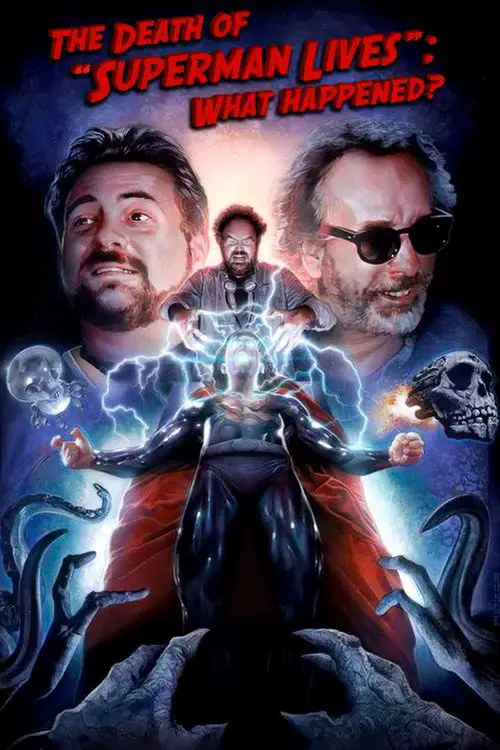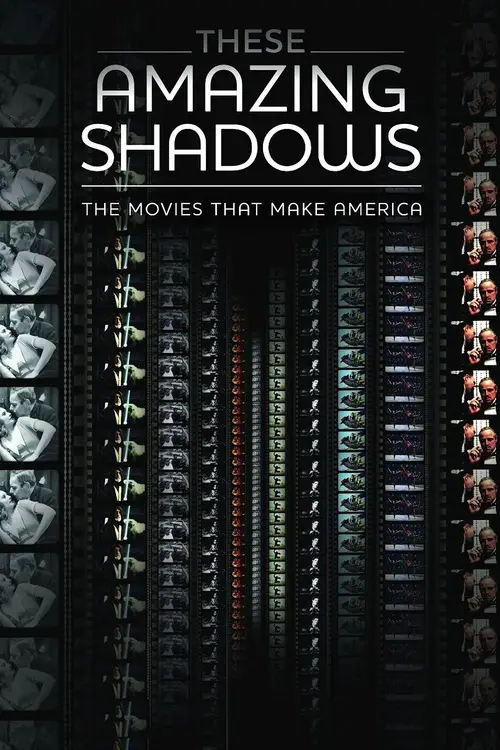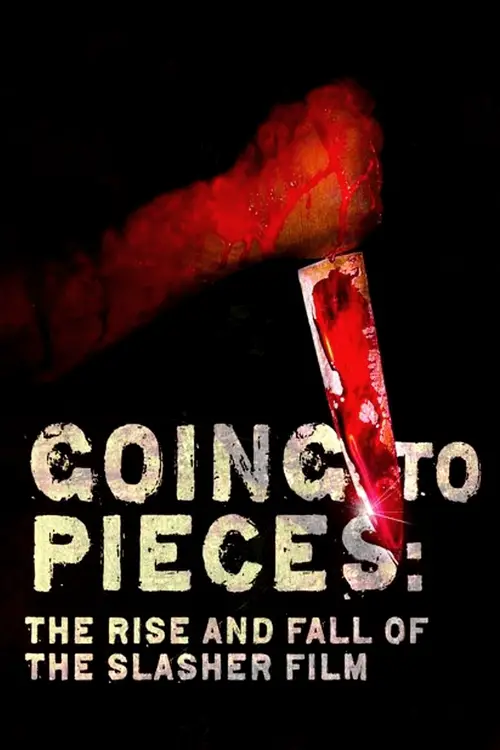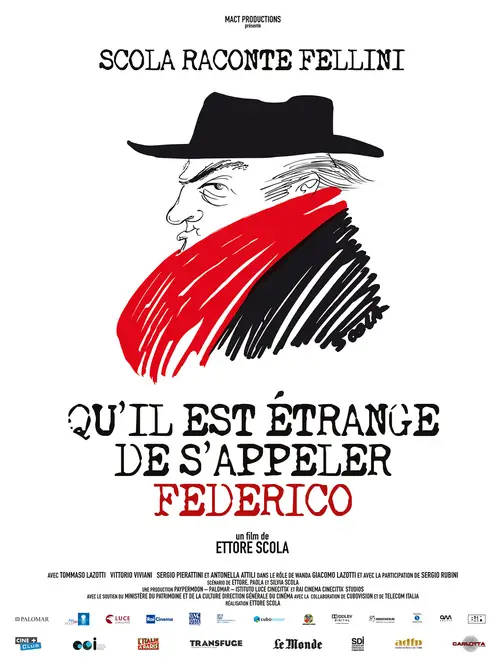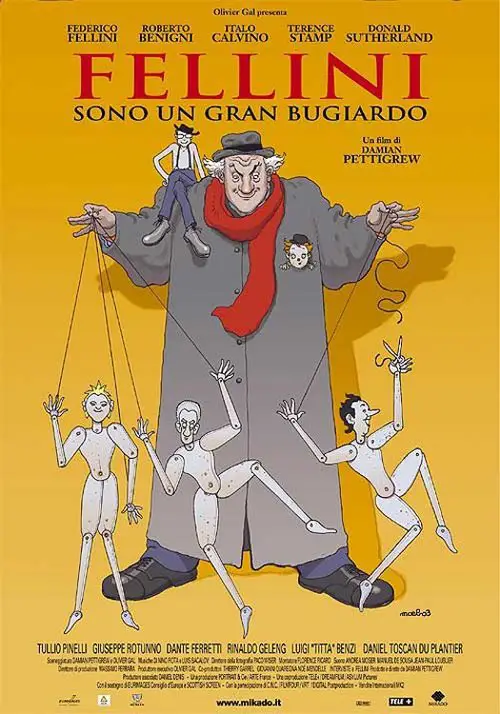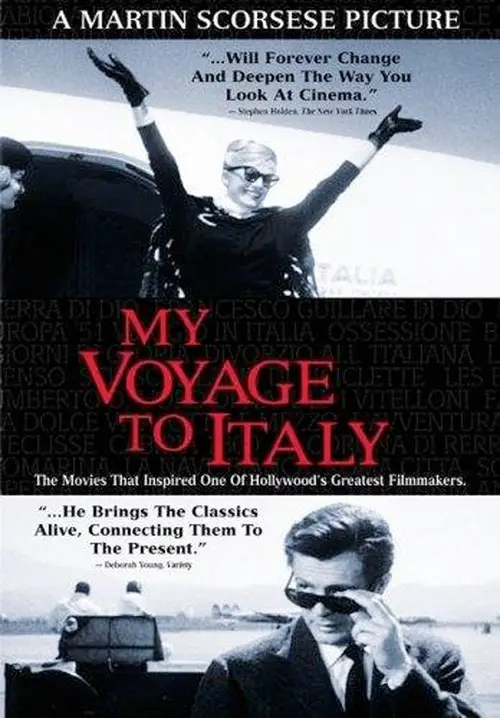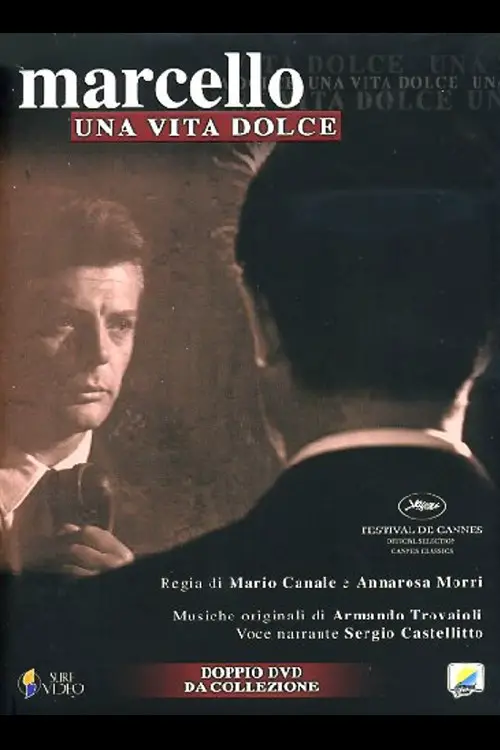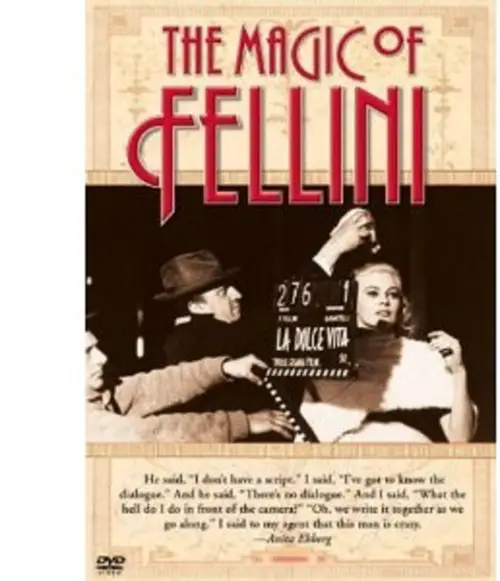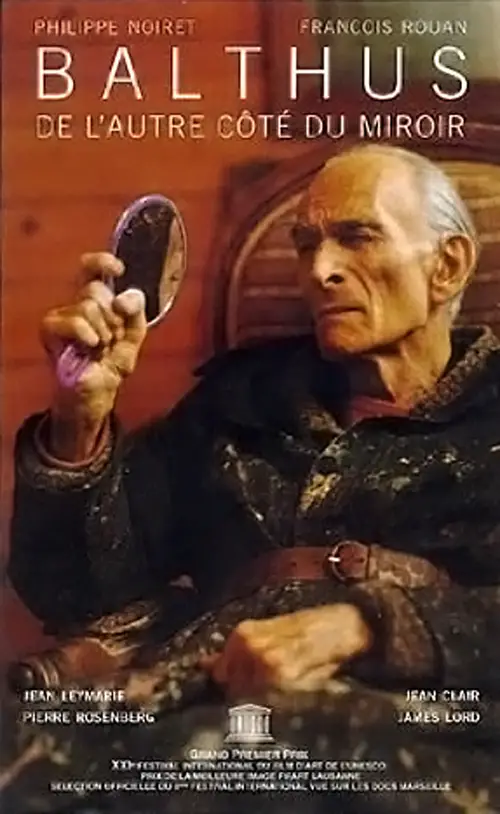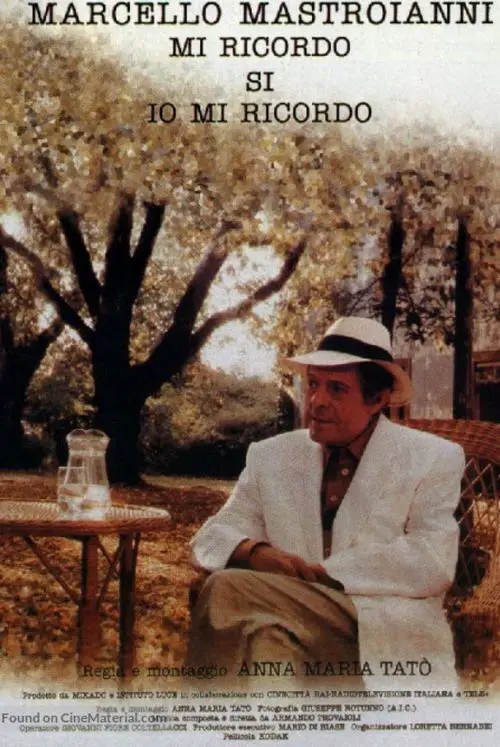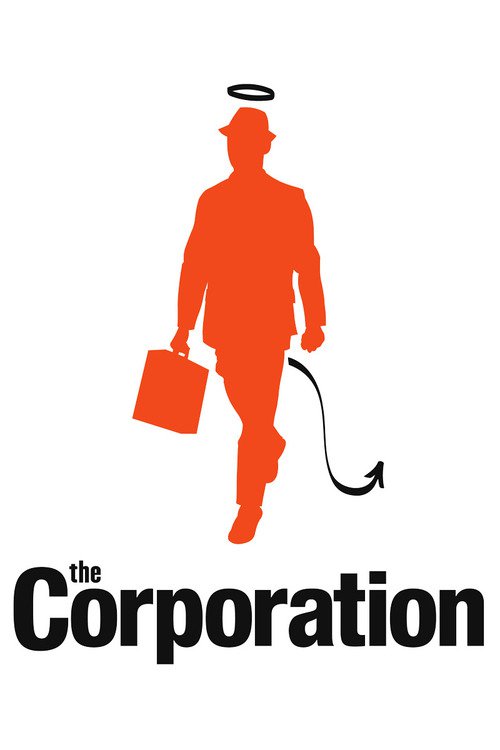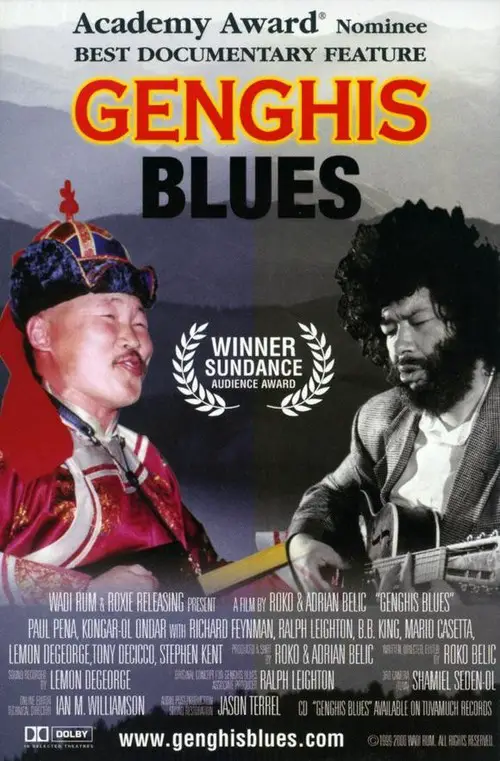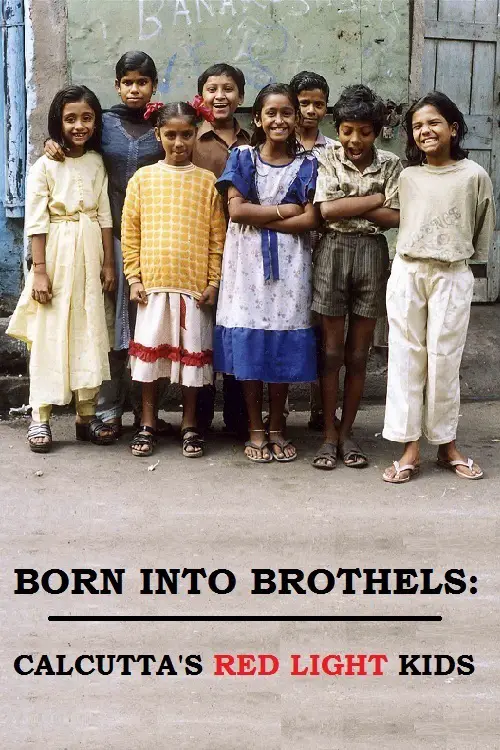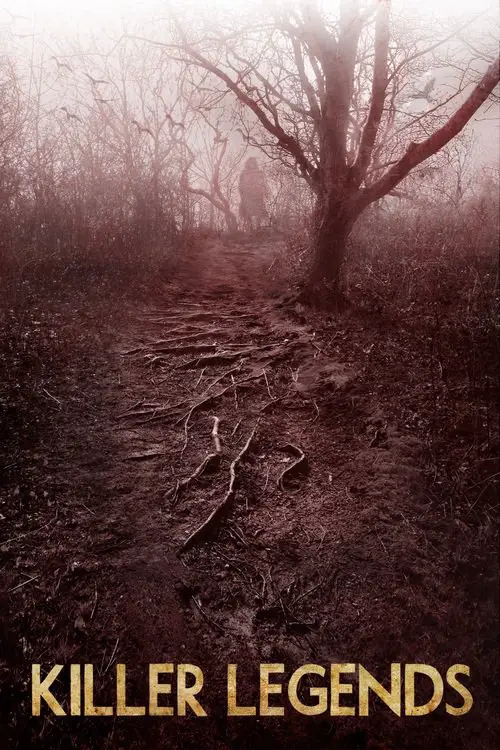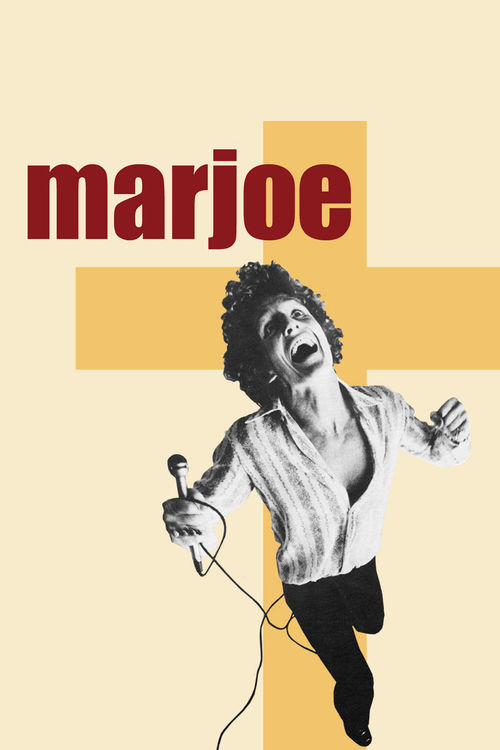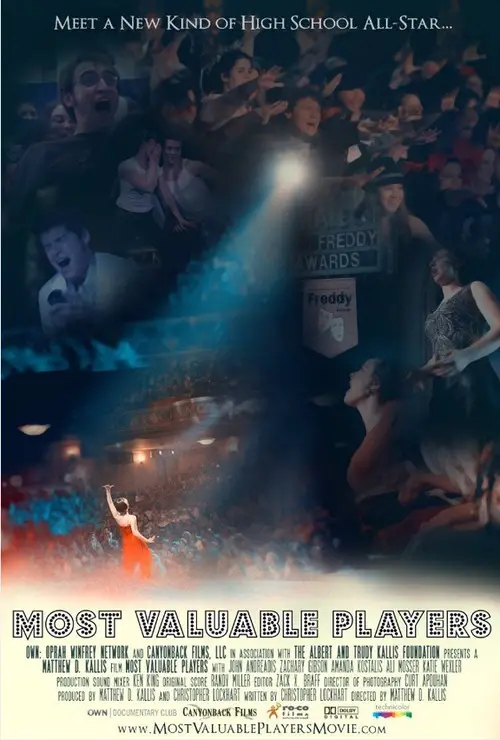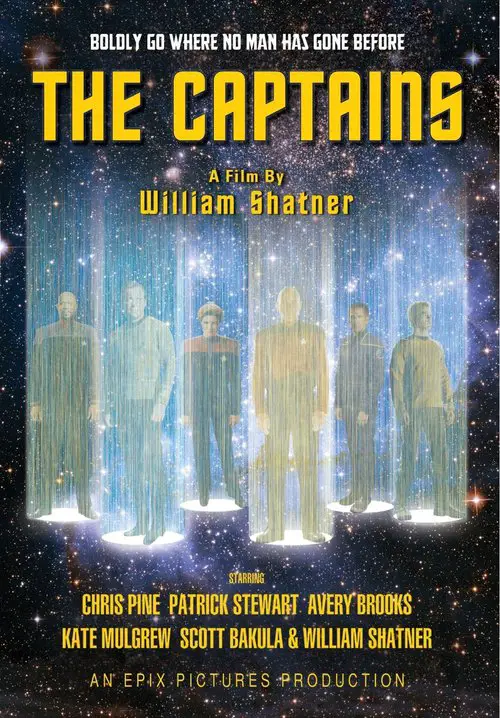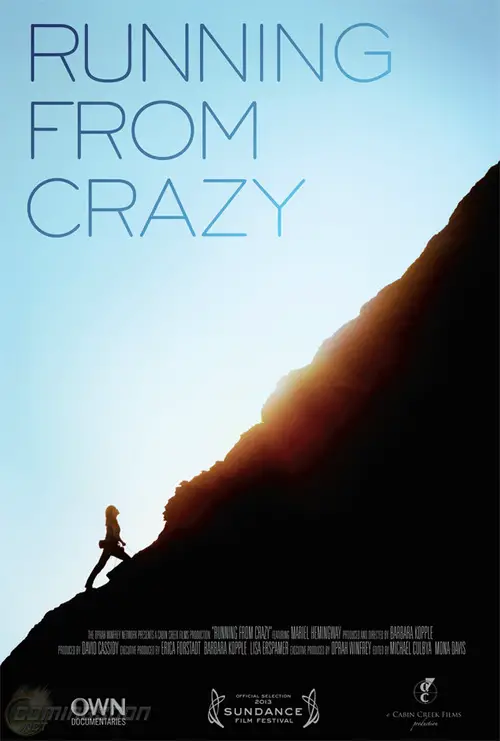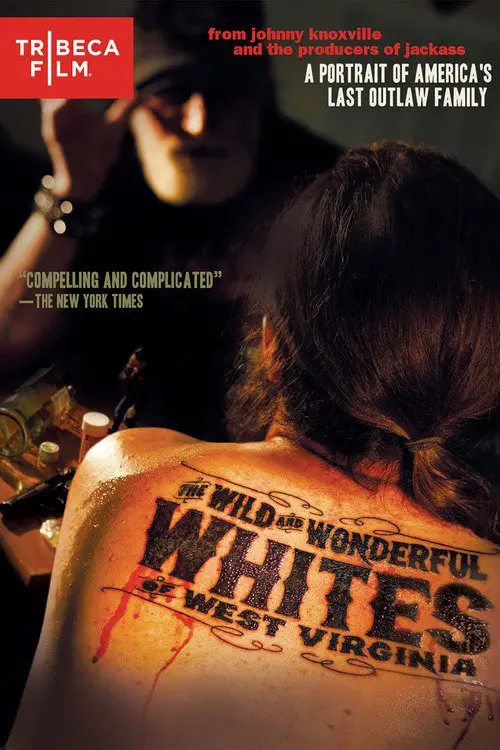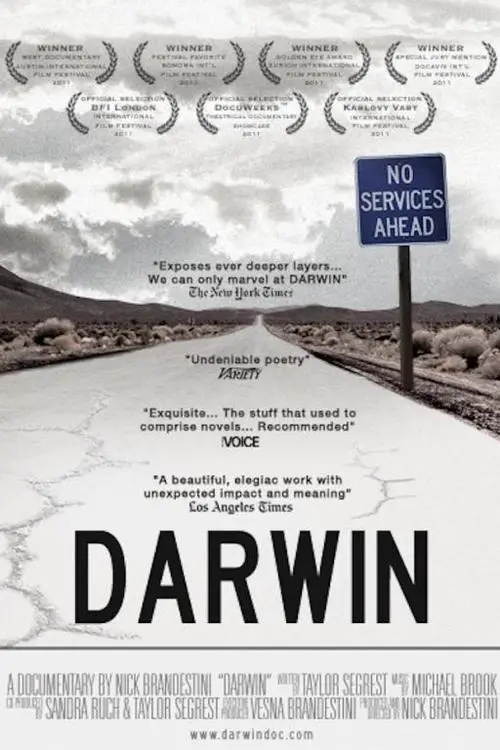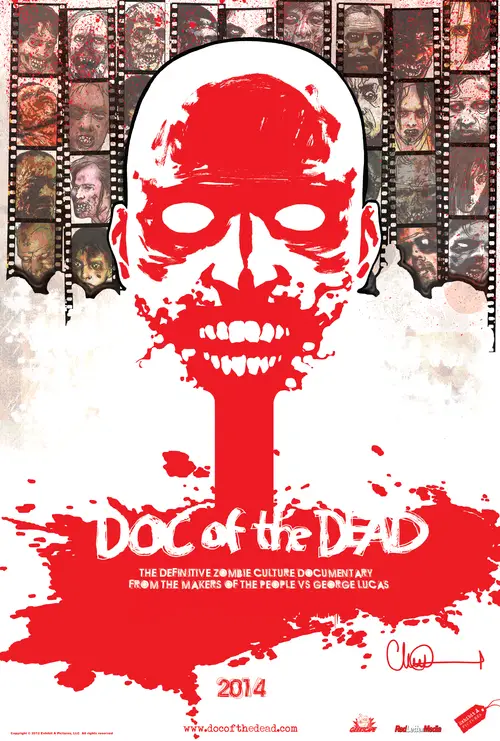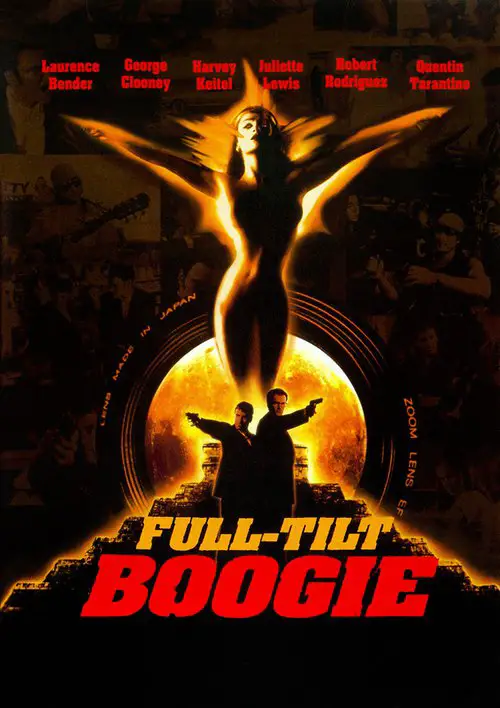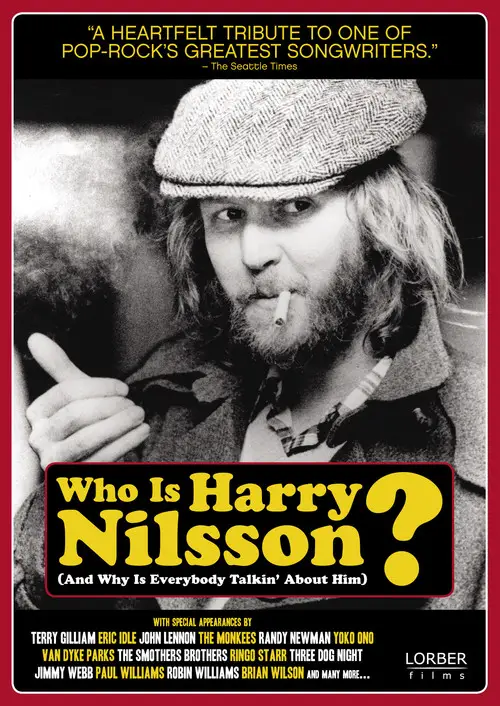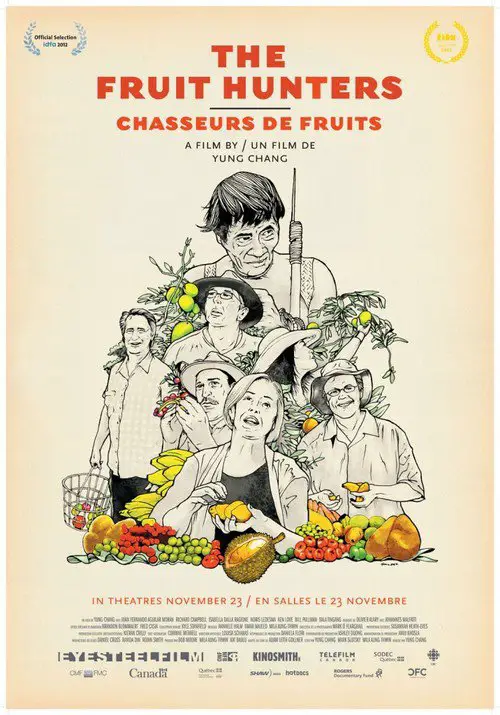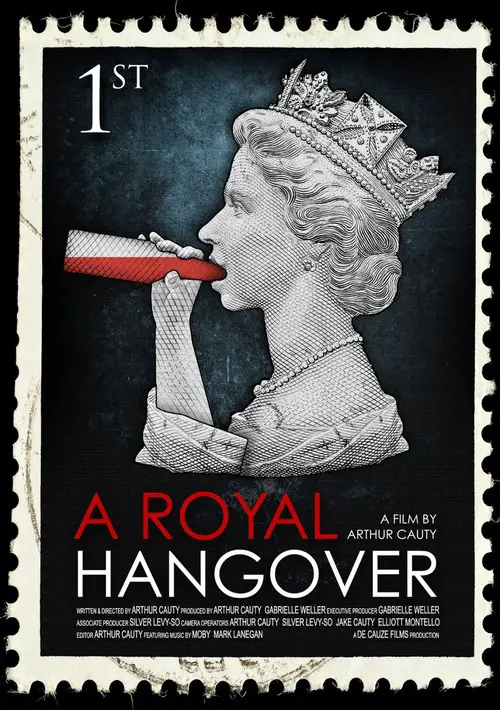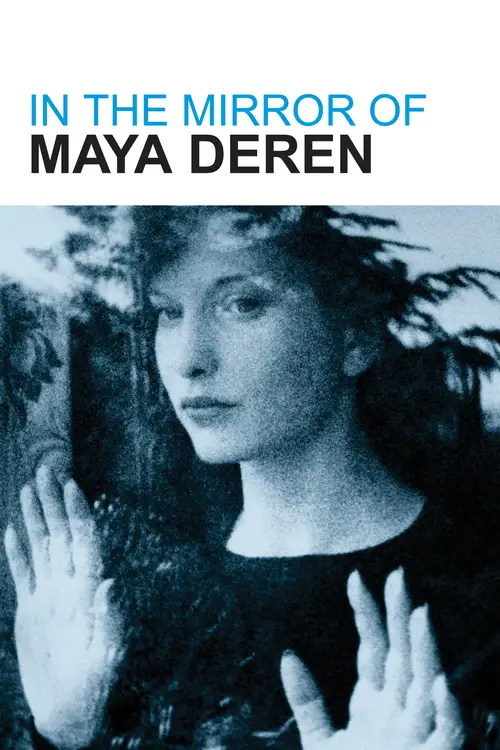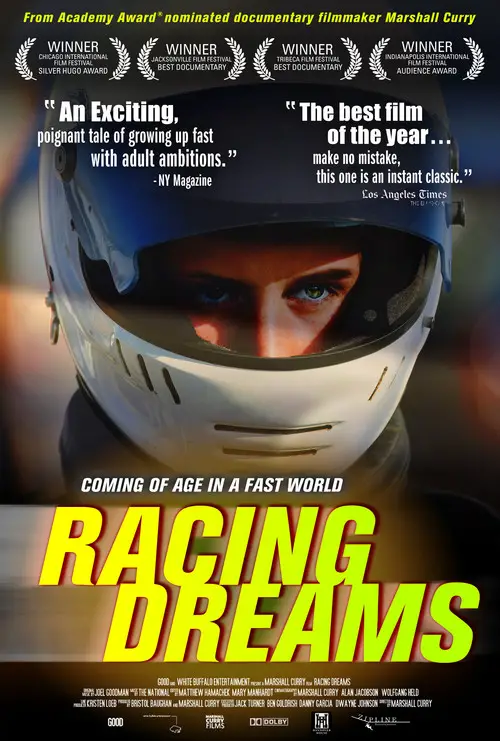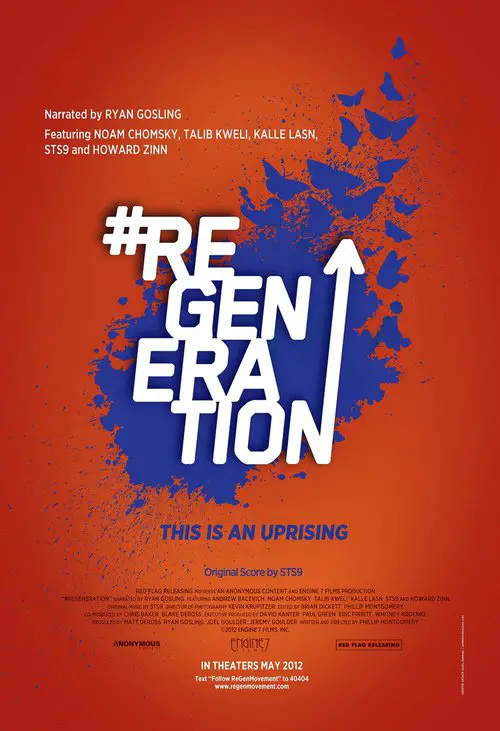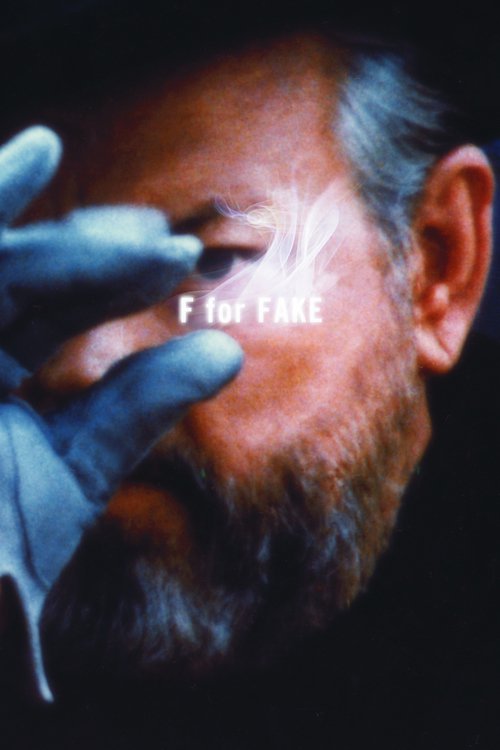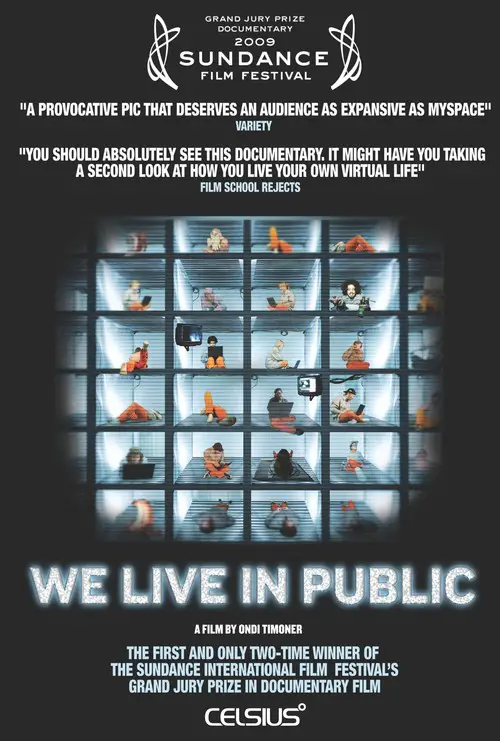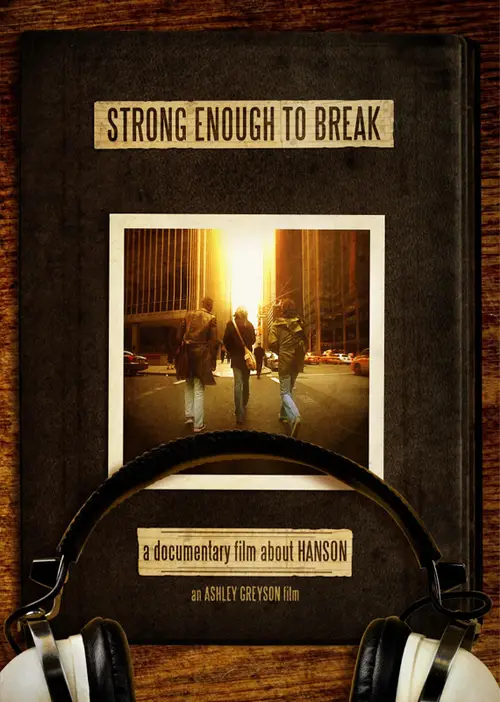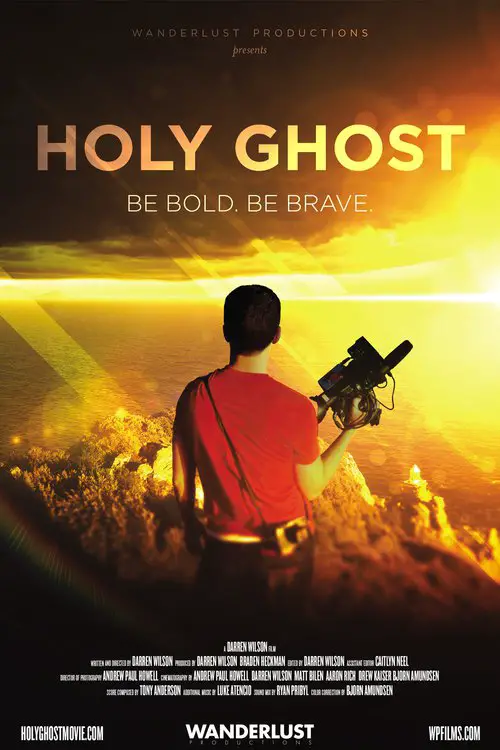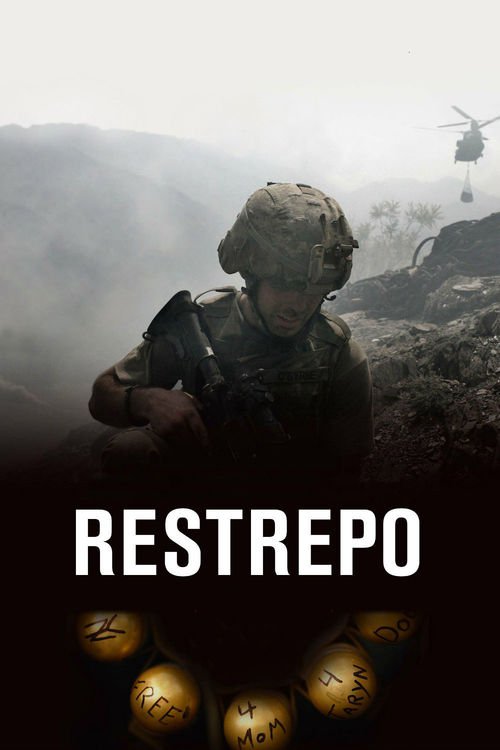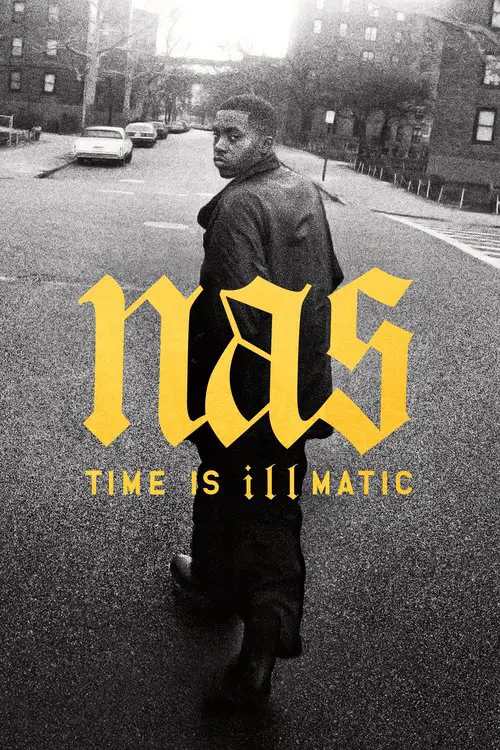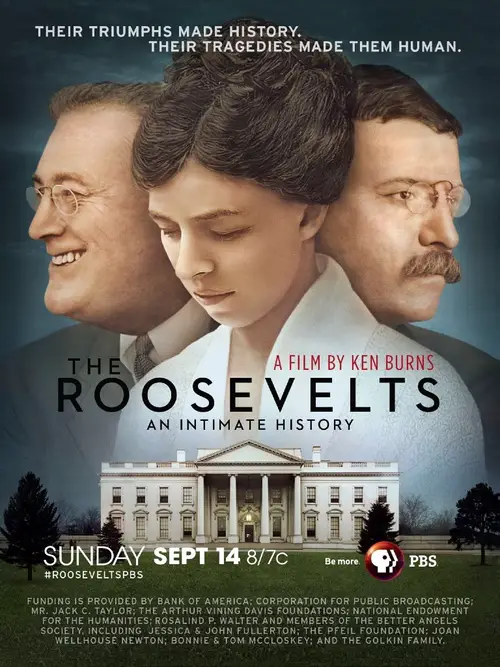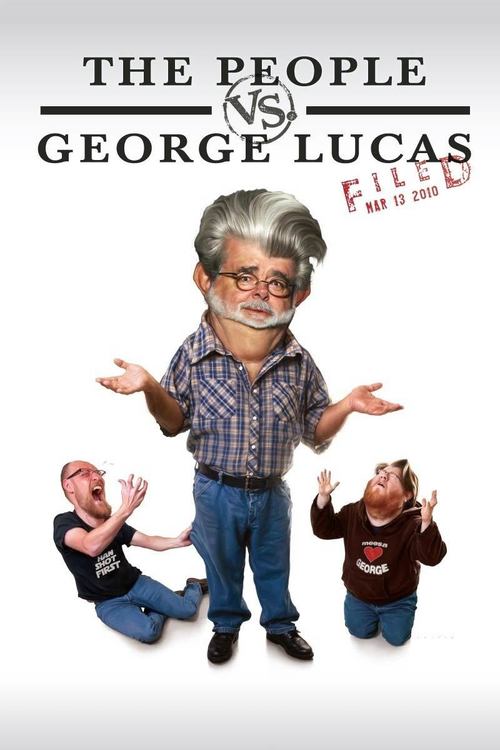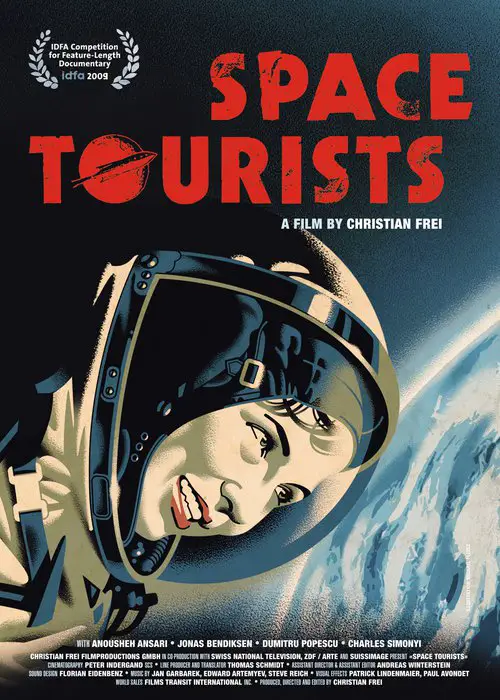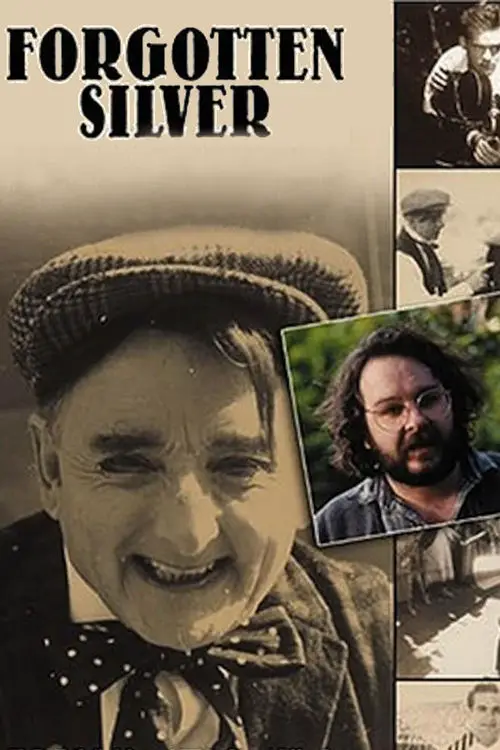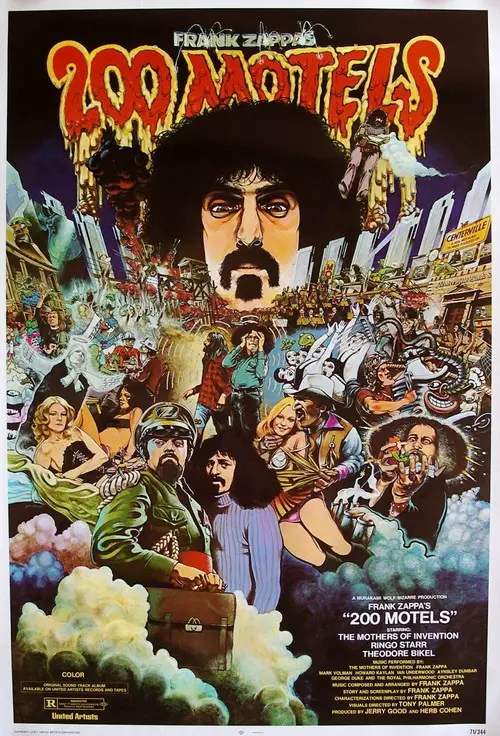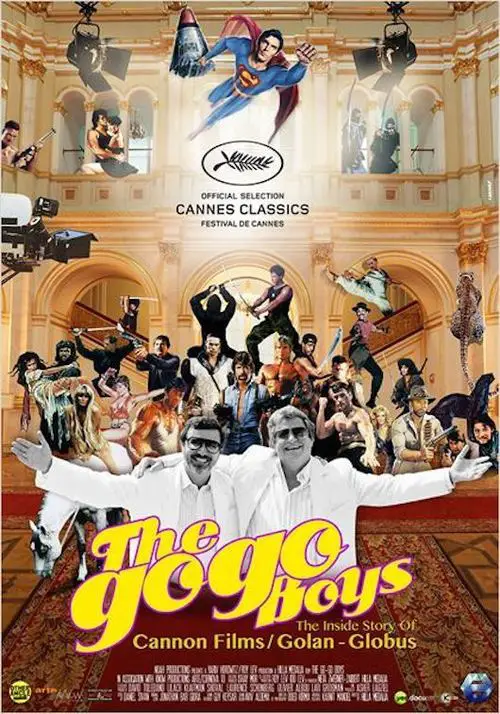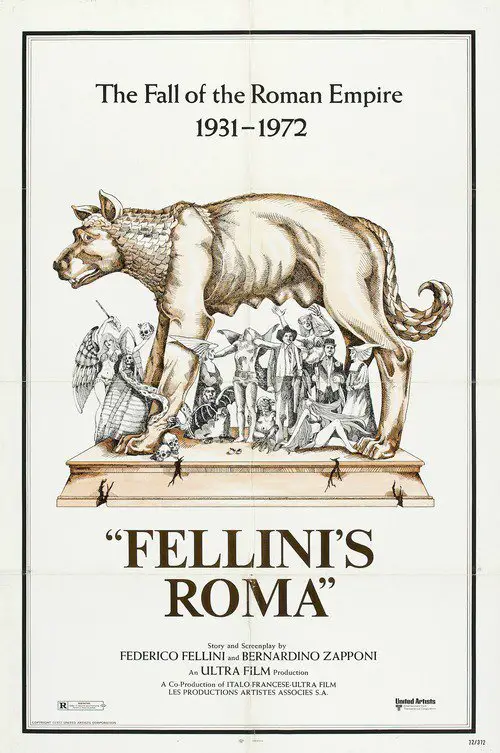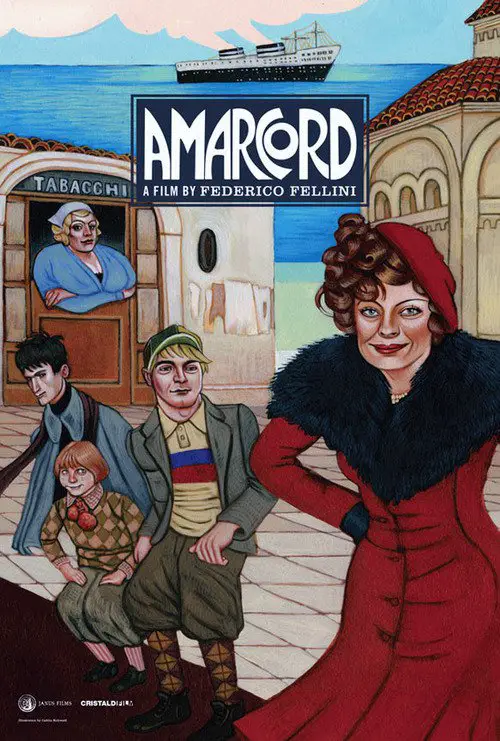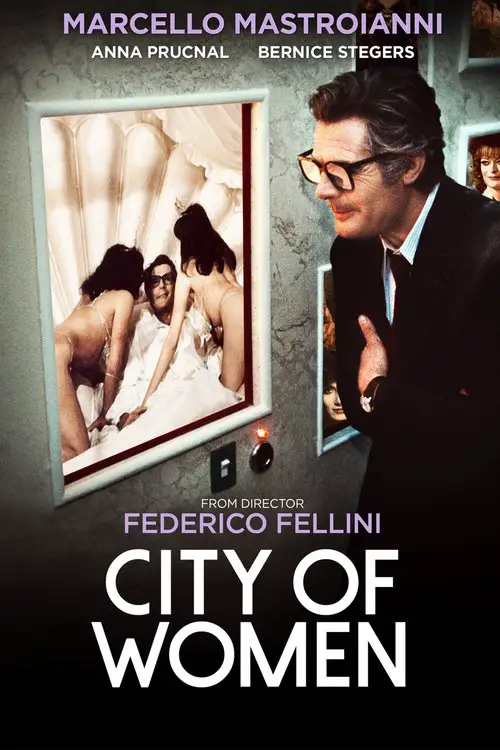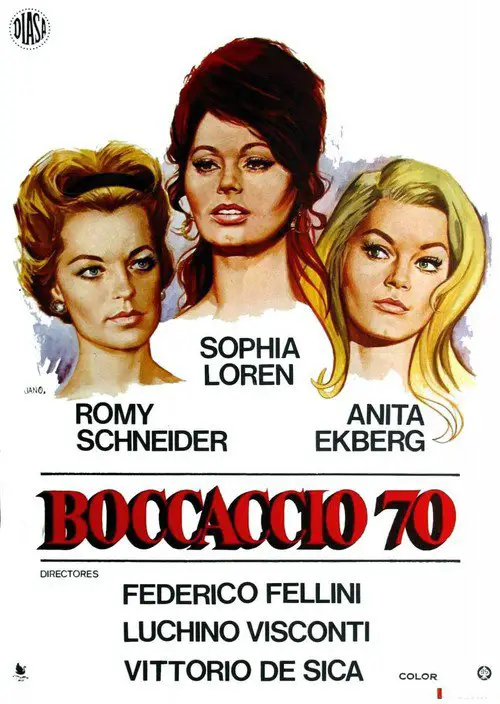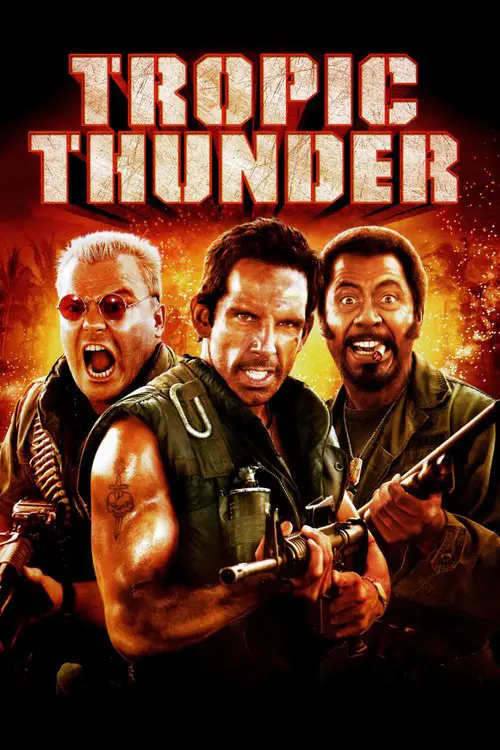Ciao, Federico! (1970)
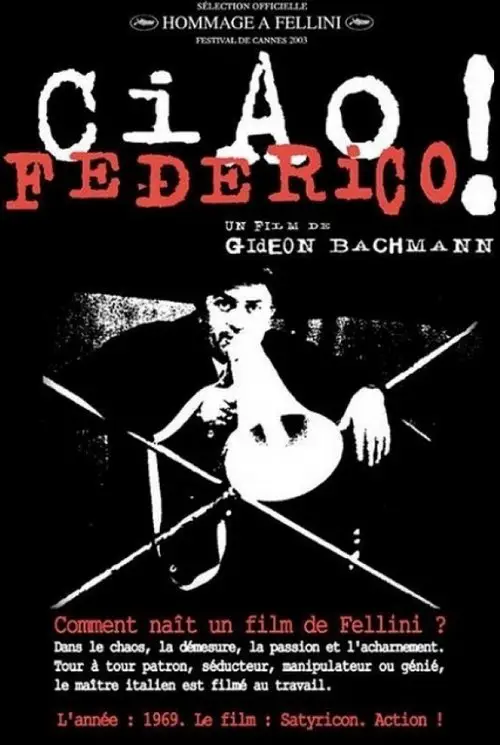
Similar movies
The Death of 'Superman Lives': What Happened? feature film documents the process of development of the ill fated "Superman Lives" movie, that was to be directed by Tim Burton and star Nicolas Cage as the man of steel himself, Superman. The project went through years of development before the plug was pulled, and this documentary interviews the major players: Kevin Smith, Tim Burton, Jon Peters, Dan Gilroy, Colleen Atwood, Lorenzo di Bonaventura and many many more.
AMERICAN MOVIE is the story of filmmaker Mark Borchardt, his mission, and his dream. Spanning over two years of intense struggle with his film, his family, financial decline, and spiritual crisis, AMERICAN MOVIE is a portrayal of ambition, obsession, excess, and one man's quest for the American Dream.
Since the invention of cinema, the standard format for recording moving images has been film. Over the past two decades, a new form of digital filmmaking has emerged, creating a groundbreaking evolution in the medium. Keanu Reeves explores the development of cinema and the impact of digital filmmaking via in-depth interviews with Hollywood masters, such as James Cameron, David Fincher, David Lynch, Christopher Nolan, Martin Scorsese, George Lucas, Steven Soderbergh, and many more.
This historical and critical look at slasher films, which includes dozens of clips, begins with "Halloween," "Friday the 13th," and "Prom Night." The films' directors, writers, producers, and special effects creators comment on the films' making and success. During the Reagan years, the films get gorier, budgets get smaller, and their appeal wanes. Then, "Nightmare on Elm Street" revives the genre. Jump to the late 90s, when "Scream" brings humor and TV stars into the mix. Although some criticize the genre as misogynistic (Siskel and Ebert), most of the talking heads celebrate the films: as long as there are teenagers, there will be slasher films, says one.
A look at Fellini's creative process. In extensive interviews, Fellini talks a bit about his background and then discusses how he works and how he creates. Several actors, a producer, a writer, and a production manager talk about working with Fellini. Archive footage of Fellini and others on the set plus clips from his films provide commentary and illustration for the points interviewees make. Fellini is fully in charge; actors call themselves puppets. He dismisses improvisation and calls for "availability." His sets and his films create images that look like reality but are not; we see the differences and the results.
"I saw these movies. They had a powerful effect on me. You should see them." That's Martin Scorsese's message for this documentary. We meet his family on Elizabeth Street in New York; he's a third generation Italian with Sicilian roots. Starting in 1949, they watched movies on TV as well as in theaters, lots of Italian imports. Scorsese, with his narration giving a personal as well as a public context, shows extended clips of these movies. Films of Rossellini and De Sica fill part one; those of Visconti, Fellini, and Antonioni comprise part two. Scorsese takes time with emotion, style, staging, technique, political context, and cinematic influence. It's his movie family.
After shooting to fame with Federico Felliniâs âLa Dolce Vitaâ (1960), actor Marcello Mastroianni (1924-1996) starred in more than 160 films in his nearly half-a-century career. Directors Mario Canale and Annarosa Morri look into the melancholic charm of one of the most famous Italian actors through interviews with his two daughters, Barbara and Chiara; directors Fellini and Luchino Visconti; actresses Claudia Cardinale and Anouk Aimee; and in archival footage of Mastroianni himself. The subject matter ranges from Mastroianniâs passion for kidney-bean pasta and his addiction to the telephone to his famous laziness, humility and talent. Shown in black-and-white, Mastroianni â elegantly holding a cigarette in between his fingers â is undeniably the dandy.
Wannabe filmmakers Phillip Fellini (Sam Maccarone) and Forrest Fonda (Preston Lacy) think they've found the subject of a lifetime when they meet a cave-dwelling, beer-swilling Missouri backwoodsman named Lucky "Cucumber" Cavanaugh (Dian Bachar), rumored to be the unluckiest man alive. But when Lucky's fortunes begin to turn, he and the filmmakers end up on a wild adventure in a comic mockumentary.
Using rare images of the artist filmed at work in his studio, exclusive interviews with his family and close friends, photographs by Henri Cartier-Bresson, and unpublished artwork, this award-winning feature documentary highlights the painterâs complex creative process. Acclaimed as the definitive film portrait of the master, Balthus through the Looking-Glass was shot on Super 16 over 14 months in Switzerland, Italy, France and the Moors of England by the director of Fellini, Iâm a Born Liar. (Arte)
In 1996, Marcello Mastroianni talks about life as an actor. It's an anecdotal and philosophical memoir, moving from topic to topic, fully conscious of a man "of a certain age" looking back. He tells stories about Fellini and De Sica's direction, of using irony in performances, of constantly working (an actor tries to find himself in characters). He's diffident about prizes, celebrates Rome and Paris, salutes Naples and its people. He answers the question, why make bad films; recalls his father and grandfather, carpenters, his mother, deaf in her old age, and his brother, a film editor; he's modest about his looks. In repose, time's swift passage holds Mastroianni inward gaze.
Blind blues musician Paul Pena is perhaps best known for his song "Jet Airliner". In 1993, Pena heard Tuvan throat singing over his shortwave radio and subsequently taught himself how to reproduce these extraordinary sounds. This documentary follows him to Tuva, where he takes part in a throat singing competition.
The academy award winning documentary depicting the lives of child prostitutes in the red light district of Songachi, Calcutta. Director Zana Briski went to photograph the prostitutes when she met and became friends with their children. Briski began giving photography lessons to the children and became aware that their photography might be a way for them to lead better lives.
Hosted by Ben Stein, this controversial documentary examines how pro-intelligent design scholars and scientists are often chastised, fired or denied tenured positions by those who believe in Darwin's theory of evolution. Nathan Frankowski's film explores how scientists who believe in God are oppressed and how the acceptance of Darwinism might have played a role in the formation of the Nazi regime.
Nick Brandestini is a filmmaker based in Zurich, Switzerland. His first documentary, Return to Florence (2006), about a small group of young American and British artists studying classical methods at an unconventional school in Florence, screened at numerous film festivals across North America, winning several awards. His next documentary, H.R. Giger's Sanctuary (2007), about the renowned and reclusive artist, H.R. Giger, most famous as the creator of Ridley Scott's âAlienâ, was an official selection at the AFI Film Festival in Los Angeles.
Werner Herzogâs documentary film about the âGrizzly Manâ Timothy Treadwell and what the thirteen summers in a National Park in Alaska were like in one manâs attempt to protect the grizzly bears. The film is full of unique images and a look into the spirit of a man who sacrificed himself for nature.
The documentary explores the enigmatic life and music of Harry Nilsson in an attempt to answer the question, "Who is Harry Nilsson?" The film includes new and archive audio and film including interviews with Robin Williams, Yoko Ono, Van Dyke Parks, Randy Newman, Ray Cooper, the Smothers Brothers, and Micky Dolenz. "Who is Harry Nilsson?" uses promotional films, music videos, and home movies; segments from the unreleased documentary made during the recording of Son of Schmilsson (Did Somebody Drop His Mouse?); and excerpts from Nilsson's rare TV appearances in his BBC specials, the "Smothers Brothers Comedy Hour", "Playboy After Dark", and in an episode of "The Ghost and Mrs. Muir".
From go-kart champs, NASCAR winners are bred -- or so goes the thinking of the drivers (and their families) involved in the World Karting Association's National Pavement Series. This documentary follows three of the series' top contenders. Although small in stature, the adolescent racers harbor big dreams as they hit speeds of 60 to 70 miles per hour in their quest to ascend the first rung on their way to NASCAR in this film from Marshall Curry.
Inspired by Steven Blush's book "American Hardcore: A tribal history" Paul Rachman's feature documentary debut is a chronicle of the underground hardcore punk years from 1979 to 1986. Interviews and rare live footage from artists such as Black Flag, Bad Brains, Minor Threat, SS Decontrol and the Dead Kennedys.
Can the Holy Spirit direct a movie? In this fast-paced documentary from the director of the popular films Finger of God, Furious Love, and Father of Lights, Darren Wilson sets out to make a movie that is completely led by the Holy Spirit. No plan, no script, no safety net--just go wherever he feels the Spirit leading him to try and discover the adventure God has for him. Whether it's the riches of Monte Carlo, a heavy metal concert, or the oldest city in the world, the result is a film that not only challenges and excites, but also reveals a God who is far more alive and active than you ever imagined.
The passion the original Star Wars trilogy inspires in its fans is unparalleled; but when it comes to George Lucas himself, many have found their ardor has cooled into a complicated love-hate relationship. This hilarious, heartfelt documentary delves deep into Lucasâs cultural legacy, asking all the tough questions. Has Lucas betrayed his masterwork? Should he just have left the original trilogy alone? Is The Phantom Menace so bad it should carry a health warning? Utilizing interviews taken from over 600 hours of footage, and peppered with extraordinary Star Wars and Indiana Jones recreations lovingly immortalized in song, needlepoint, Lego, claymation, puppets and paper-mâché, above all this film asks the question: who truly owns that galaxy far, far awayâthe man who created it, or the fans who worship it?
In his most recent work, Christian Frei turns to an age-old dream of man: to leave our planet as a «normal person» and travel into outer space. For 20 million dollars, the American Anousheh Ansari was able to fulfil this childhood dream. This documentary follows her journey into space and shows everyday life as it is on the International Space Station.
Lightbulbs, fire, barbed wire, mousetraps, staple guns, thumbtacks and glass are weapons of choice in The Backyard. This undercover documentary takes you deep into the controversial arena of backyard wrestling where the limits are constantly being tested...and broken. The Backyard follows several backyard wrestlers in different countries as they pursue their dream to become professional wrestlers.
This dryly funny mockumentary about the lost work of a pioneering New Zealand film genius is probably one of the best examples of the faux-documentary genre. In fact, it was so successful that when it originally aired on New Zealand television, hundreds of viewers bought the premise hook, line, and sinker. If you didn't know any better yourself, it's entirely possible you might be duped into believing the extremely tall tale of one Colin MacKenzie, an ambitious filmmaker who made the world's first talking movie (years before The Jazz Singer), invented color film, and created a huge biblical epic that would put Cecil B. DeMille and D.W. Griffith to shame. Filmmaker Peter Jackson (Heavenly Creatures) shrewdly inserts himself into the film via his documentation of the "discovery" of McKenzie's lost epic, which for years was preserved in a garden shed.
"Touring makes you crazy," Frank Zappa says, explaining that the idea for this film came to him while the Mothers of Invention were touring. The story, interspersed with performances by the Mothers and the Royal Symphony Orchestra, is a tale of life on the road. The band members' main concerns are the search for groupies and the desire to get paid.
The Go-Go Boys tells the inside story of two Israeli-born cousins, the late Menahem Golan and Yoram Globus, who in pursuit of the âAmerican dreamâ turned the Hollywood establishment upside down. Together they produced more than 300 films and founded the most powerful independent film company in the world, Cannon Films, which was responsible for Israeli and mainstream, Hollywood-blockbuster, action/exploitation hits during the duoâs 1980s hey day, starring the likes of Chuck Norris, Jean-Claude Van Damme and Charles Bronson. Up close and personal, and with the complete cooperation of the filmâs subjects, the film examines the complex relationship between two contradictory personalities, whose combined force fueled their successes and eventual split. A film about filmmaking and two dogged, exceptional characters with modest origins taking on the big boys.
Four directors tell tales of Eros fit for a 1970s Decameron. Working-class lovers, Renzo and Luciana, marry but must hide it from her employer; plus, they need a room of their own. A billboard of Anita Ekberg provocatively selling milk gives a prudish crusader for public decency more than he can handle. The wife of a count whose escapades with call girls make the front page of the papers decides to work to prove her independence, but what is she qualified to do? A buxom carnival-booth manager who owes back taxes offers herself for one night in a lottery: a nerdy sacristan and a jealous cowboy make for a lovers' triangle. In each, women take charge, but not always happily
Two years after the terrifying events that occurred in Woodsboro, Sidney is now attending Windsor College in Cincinnati with long time friend Randy. Meanwhile, Gale Weathers best selling book on Sidney's life has now been made into a major motion picture. When two college students are killed in a theatre while watching the new film "Stab," Sidney knows deep down that history is repeating itself.
Vietnam veteran "Four Leaf" Tayback's memoir, Tropic Thunder, is being made into a film. Director Damien Cockburn canât control the cast of prima donnas. Behind schedule and over budget, Cockburn is ordered by a studio executive to get filming back on track, or risk its cancellation. On Tayback's advice, Cockburn drops the actors into the middle of the jungle to film the remaining scenes. Unbeknownst to the actors and production, the group have been dropped in the middle of the Golden Triangle, the home of heroin-producing gangs.
© Valossa 2015–2025
| Privacy Policy
